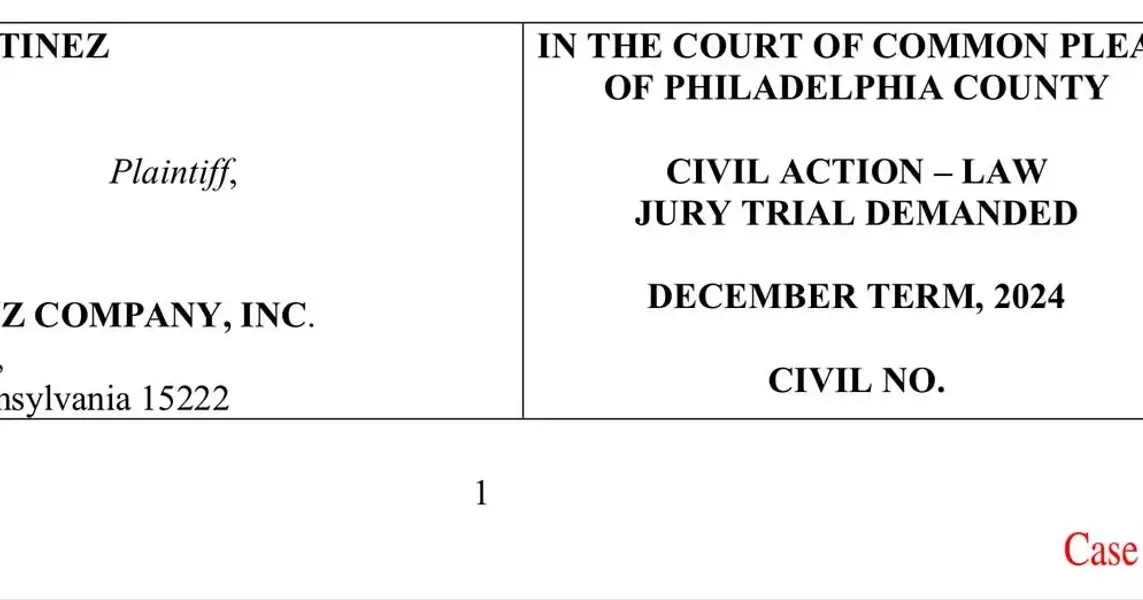Ultra-Processed Foods Under Legal Scrutiny: A Turning Point for Public Health

The food industry is facing unprecedented legal challenges as a lawsuit against major producers of ultra-processed foods (UPFs) has been filed in an American court. This marks the first time such companies have been sued over the health impacts of their products. The case, brought by Morgan & Morgan, one of America's largest personal injury law firms, names several prominent corporations including Kraft Heinz, Mondelez, Coca-Cola, PepsiCo, General Mills, Nestlé, Mars, Kellogg’s, and others. The suit alleges that these companies knowingly marketed harmful substances to consumers, particularly children and minorities, leading to widespread health issues like obesity and diabetes. This development signals a significant shift from awareness-building to policy action, potentially setting the stage for regulatory changes.
The Rise of Ultra-Processed Foods: From Innovation to Controversy
The history of ultra-processed foods reveals a complex interplay between industrial innovation and public health concerns. In the 1980s, UPFs experienced rapid growth, becoming a dominant force in the American diet. These industrially produced items, often composed of chemically modified ingredients and additives, quickly replaced whole foods in many households. Children, especially, became primary consumers, deriving over two-thirds of their daily energy intake from UPFs. This surge coincided with rising rates of chronic diseases such as obesity and diabetes, raising alarms among health advocates and policymakers.
The lawsuit provides a detailed account of how UPFs came to dominate the market. According to the documents, tobacco giants Philip Morris and R.J. Reynolds played a crucial role. By acquiring numerous food companies, they applied strategies honed in cigarette marketing to create addictive and aggressively promoted UPFs. The lawsuit claims that these tactics were designed to exploit human physiology, driving consumption and profits at the expense of public health. The case also highlights a secret meeting in 1999 where top executives discussed the detrimental effects of UPFs on public health, yet chose to continue their practices.
Legal and Policy Implications: A New Era for Food Regulation
This lawsuit represents more than just a legal battle; it symbolizes a pivotal moment in the ongoing debate over UPFs. Futurists view such cases as indicators that an issue is transitioning from general awareness to active resolution. As the UPF controversy moves into this critical phase, we can expect increased scrutiny from policymakers and potential regulatory reforms. The involvement of prestigious law firms and the absence of immediate corporate rebuttals suggest that this case could have far-reaching implications for the food industry.
The broader impact of this lawsuit extends beyond legal outcomes. It underscores the need for clearer definitions and classifications of processed foods, addressing current ambiguities that mislead consumers. Advocacy groups are leveraging this momentum to push for stricter regulations and better labeling practices. Additionally, the case highlights the importance of scrutinizing marketing strategies targeting vulnerable populations, particularly children. If successful, this lawsuit could pave the way for mass tort actions or class-action suits, fundamentally altering the landscape of food production and marketing in the United States.